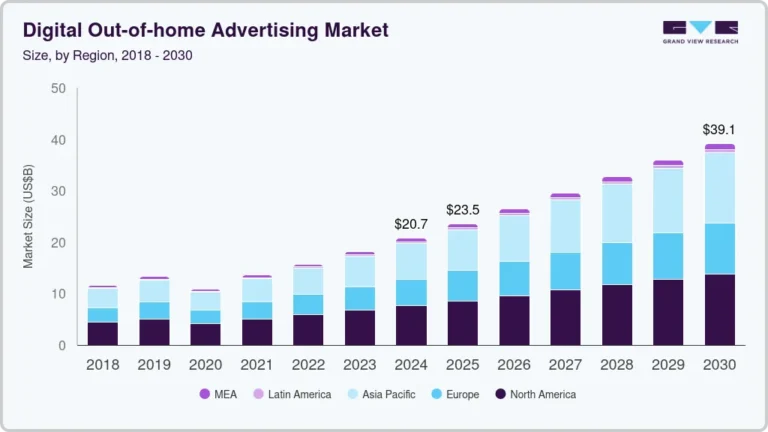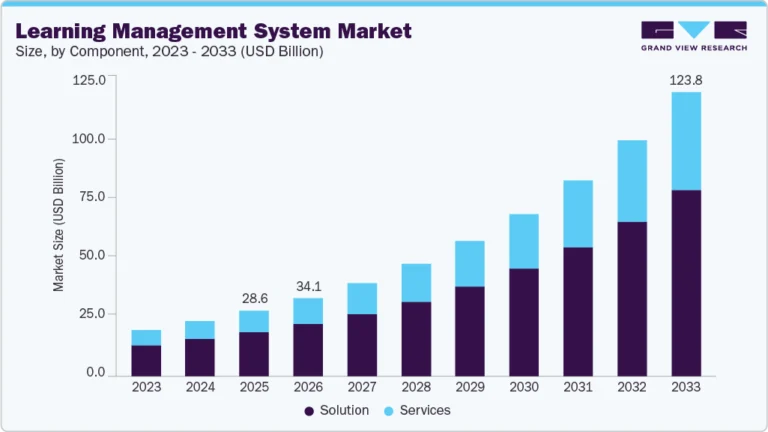Bicycle Market Size, Share & Trends Analysis growing at a CAGR of 9.9% from 2025 to 2030

The global bicycle market size was estimated at USD 77.01 billion in 2024 and is projected to reach USD 135.02 billion by 2030, growing at a CAGR of 9.9% from 2025 to 2030. The increase in the number of people opting for bicycling as a form of leisure is anticipated to propel the growth.
Key Market Trends & Insights
- Asia Pacific bicycle market held a significant share of around 34.4% in 2024.
- By product, the road bicycle segment accounted for the largest revenue share of 41.0% in 2024.
- By technology, the conventional segment accounted for the largest revenue share of 82.9% in 2024.
- By distribution channel, the offline distribution channel segment accounted for the largest revenue market share in 2024.
Market Size & Forecast
- 2024 Market Size: USD 77.01 Billion
- 2030 Projected Market Size: USD 135.02 Billion
- CAGR (2025-2030): 9.9%
- Asia Pacific: Largest market in 2024
- Europe: Fastest growing market
Request a free sample copy or view report summary: https://www.grandviewresearch.com/industry-analysis/bicycle-market/request/rs1
Preference for bicycles as a convenient form of exercise to ensure a healthy life, free from obesity and other disorders, is expected to further drive the market expansion. The popularity of dockless bicycle-sharing systems has been rising lately. This system allows users to locate a bicycle nearby and unlock it electronically. Incepted originally in Europe, dockless bicycle-sharing systems are gaining popularity, particularly in Asian nations such as India and China.
Furthermore, recent advancements in mobile app development and Global Positioning System (GPS) have resulted in app-based dockless bicycle-sharing systems. Moreover, the growing adoption of such dockless bicycle-sharing systems is anticipated to fuel the demand for cycles significantly. Chinese bicycle-sharing companies are particularly investing and expanding their operations aggressively in European nations to capitalize on the market opportunities. This is expected to boost market growth further in the forthcoming years.
People have started realizing the importance of staying fit and having a healthy life. They have also started realizing that regular bicycling can keep disorders, such as obesity, at bay. The market is likely to grow as more and more people are resorting to bicycling as a regular form of exercise. Events, such as Tour de France and Ronde van Vlaanderen, are further adding to the popularity of these vehicles. Meanwhile, a rise in bicycling events being organized in various countries from Asia, Africa, and the Middle East is fueling the sales of mountain as well as road bicycles.
The growing traffic congestion and shortage of parking space, particularly in metropolitan cities, is prompting people to consider bicycle commuting for short distances to save time. At the same time, various governments are aggressively rolling out the infrastructure necessary to support bicycle commutation, thereby encouraging people to opt for bicycles. However, the looming lack of the infrastructure necessary to support and encourage bicycle commutation, particularly in developing economies such as India, is anticipated to hinder the growth of the bicycle market. Similarly, lightweight bicycles made using composite materials make them expensive, which does not bode well for market expansion.
Urbanization has led to increased demand for commuter-friendly bicycles, particularly in congested metropolitan areas. Commuter bicycles, often designed for ease of use, efficiency, and low maintenance, are appealing to consumers seeking to avoid traffic, reduce transportation costs, and minimize environmental impact. Furthermore, cargo bicycles have gained traction as more businesses adopt eco-friendly delivery methods. In urban areas, cargo bikes are increasingly used by courier services, food delivery companies, and small businesses. Major cities in Europe and North America have been particularly supportive of this trend, with city councils incentivizing the use of cargo bikes for commercial purposes.






